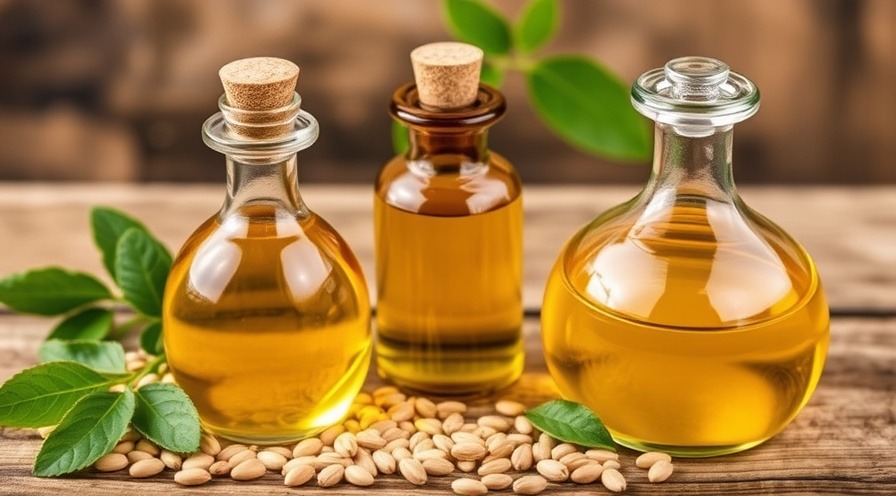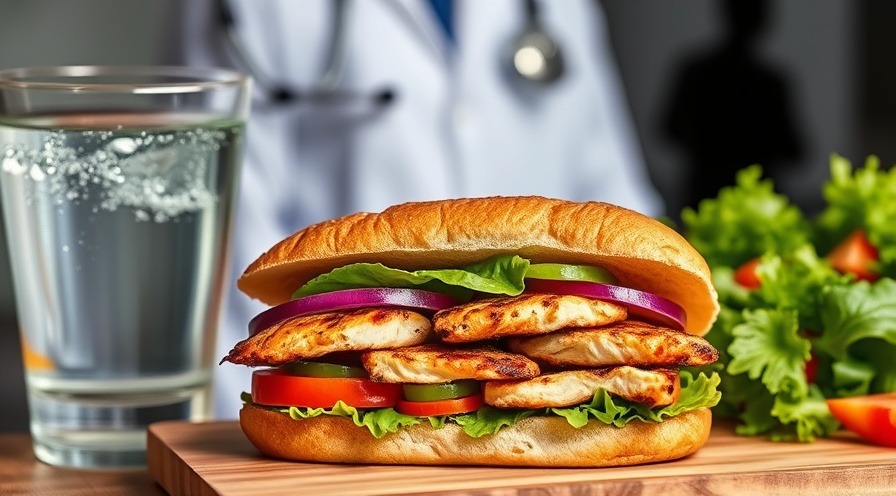
Are Seed Oils Harmful to Your Health? Let’s Compare Vegetable Oil, Olive Oil, and Butter
Seed oils (such as canola, soybean, sunflower, and corn oil) have become highly controversial, with claims ranging from them being toxic to being essential for health. To provide clarity, let's examine current scientific consensus and compare seed oils (often labeled as "vegetable oil"), olive oil, and butter.
Seed Oils: Evidence and Controversies
Nutritional Profile:
Seed oils are high in polyunsaturated fats, especially omega-6 fatty acids like linoleic acid. These fats are essential for health in small amounts and can help lower LDL ("bad") cholesterol, reducing the risk of heart disease and stroke.
Inflammation Concerns:
Critics argue that high omega-6 intake promotes inflammation. However, multiple studies, including a 2017 meta-analysis, show that increased linoleic acid intake does not significantly raise inflammatory markers. Only a tiny fraction of omega-6s are converted into pro-inflammatory compounds, and some are even anti-inflammatory.
Cardiometabolic Health:
Higher intake of omega-6 fatty acids is associated with better cardiovascular health and improved glucose metabolism. The American Heart Association supports their inclusion in a healthy diet.
Processing and Use:
Most seed oils are consumed in ultra-processed foods, which are independently linked to negative health outcomes. The context in which seed oils are consumed (e.g., with lots of sugar and salt) matters more than the oil itself.
Olive Oil vs. Vegetable Oil (Seed Oils) vs. Butter
Feature |
Seed Oils (Vegetable Oil) |
Olive Oil (Extra Virgin) |
Butter |
|---|---|---|---|
Main Fat Type |
Polyunsaturated (omega-6) |
Monounsaturated (oleic acid) |
Saturated |
Heart Health |
Lowers LDL cholesterol |
Lowers LDL, raises HDL, antioxidant |
Raises LDL cholesterol |
Inflammation |
Mixed evidence; not clearly pro- |
Anti-inflammatory (polyphenols) |
May promote inflammation |
Processing |
Highly refined, often in processed foods |
Extra virgin is minimally processed |
Minimal processing, animal-derived |
Nutrients |
Few micronutrients, no polyphenols |
Rich in polyphenols, antioxidants |
Contains vitamin D, A |
Health Risks |
Linked to processed food intake |
Associated with lower mortality |
Linked to higher mortality |
Recommended Intake |
Moderation; focus on whole foods |
Preferred fat for health |
Limit saturated fat intake |
Key Research Findings
Butter:
High in saturated fat, which raises LDL cholesterol and is linked to higher risk of heart disease and overall mortality. The U.S. Dietary Guidelines recommend limiting saturated fat to less than 10% of daily calories.
Olive Oil:
Rich in monounsaturated fats and polyphenols, olive oil is consistently associated with better heart health, lower blood pressure, and reduced risk of chronic diseases. Extra virgin olive oil is especially beneficial.
Seed Oils/Vegetable Oils:
When used to replace saturated fats (like butter), seed oils lower heart disease risk. There is no strong evidence that moderate consumption of seed oils in a balanced diet is harmful. The main concern is their prevalence in ultra-processed foods, not the oils themselves.
“Substituting butter with plant-based oils daily may lower risk of premature death by up to 17 percent.”
- A study out of Mass General Brigham, Harvard T.H. Chan School of Public Health, and the Broad Institute.
“Omega-6 is a polyunsaturated fat the body needs but cannot produce itself... Polyunsaturated fats help the body reduce bad cholesterol, lowering the risk for heart disease and stroke.”
- American Heart Association
Conclusion
Seed oils are not inherently harmful when consumed as part of a balanced diet and used in place of saturated fats like butter. The main risk comes from consuming them in ultra-processed foods, which are unhealthy for multiple reasons.
Olive oil—especially extra virgin—is the healthiest choice due to its monounsaturated fats and antioxidants.
Butter should be limited due to its high saturated fat content and links to increased heart disease and mortality risk.
Whenever possible, focus on using minimally processed oils (like extra virgin olive oil) and limit both butter and highly processed foods, regardless of the oil used.
 Add Row
Add Row  Add
Add 




Write A Comment